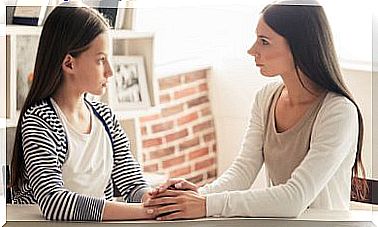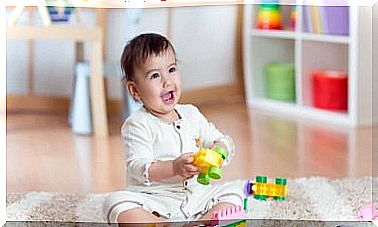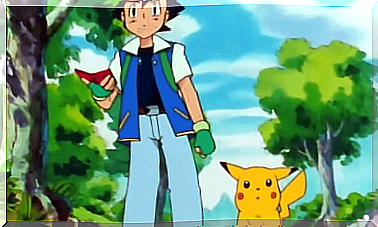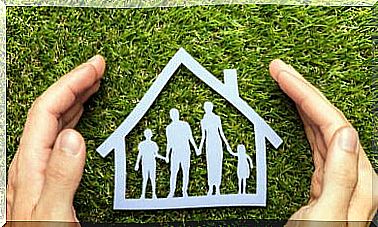How To Explain Cancer To Children
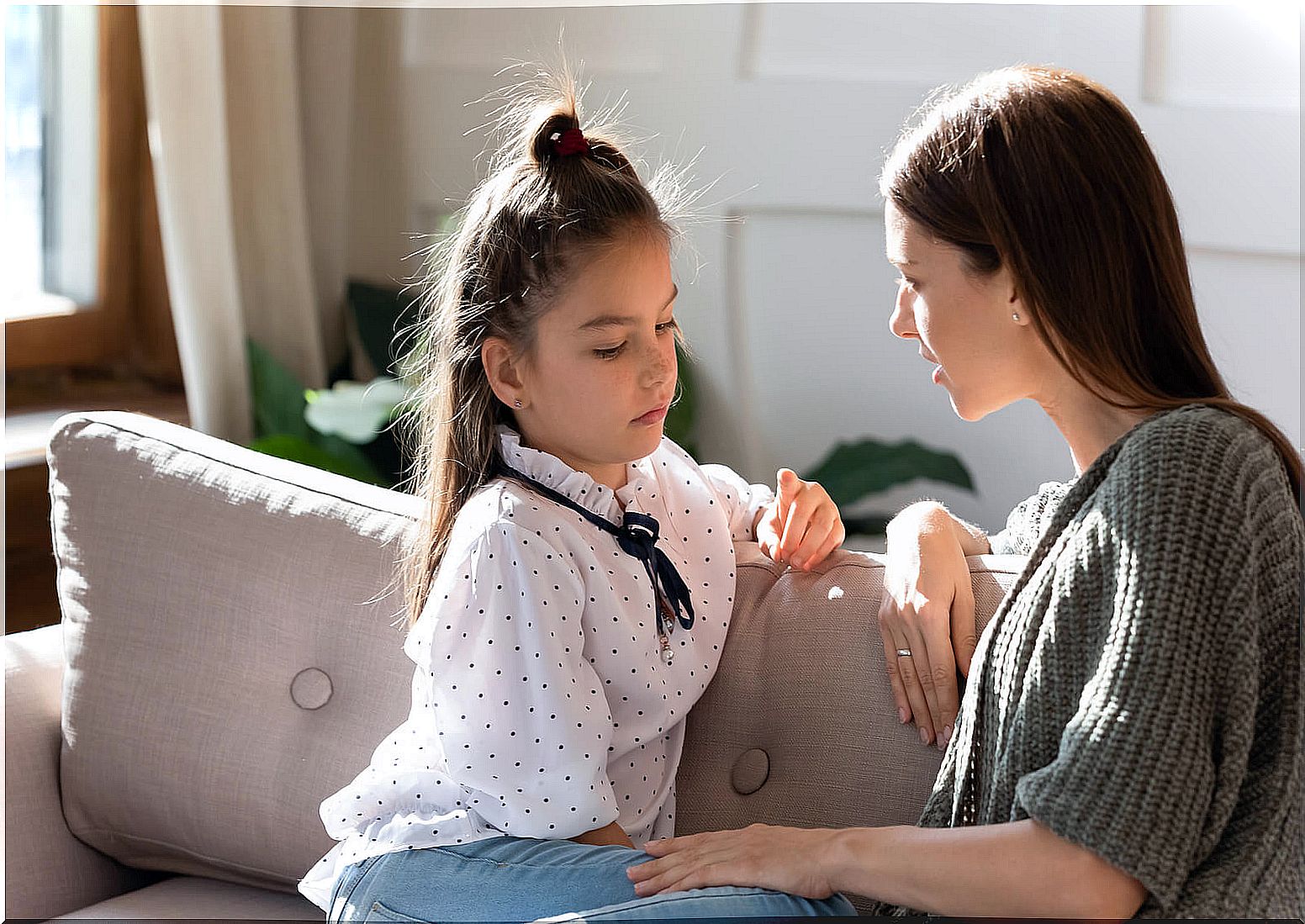
Explaining cancer to children can be overwhelming for parents or any adult who has to discuss this topic with children or adolescents. It is a complex disease that everyone fears and that unfortunately kills thousands of people every year.
When there is a family member who has cancer, it is common for parents, in their desire to protect them, simply do not tell their children for fear of their reaction or that they do not understand what is happening. But it is necessary to be open and honest with children, because that way they can better cope with the diagnosis of someone close to them. Or even if the cancer is affecting them themselves.
Secrecy can make things worse
Children who are told about the illness of someone important to them tend to cope better than children who are not told about it. Trying to keep the diagnosis a secret can be difficult.
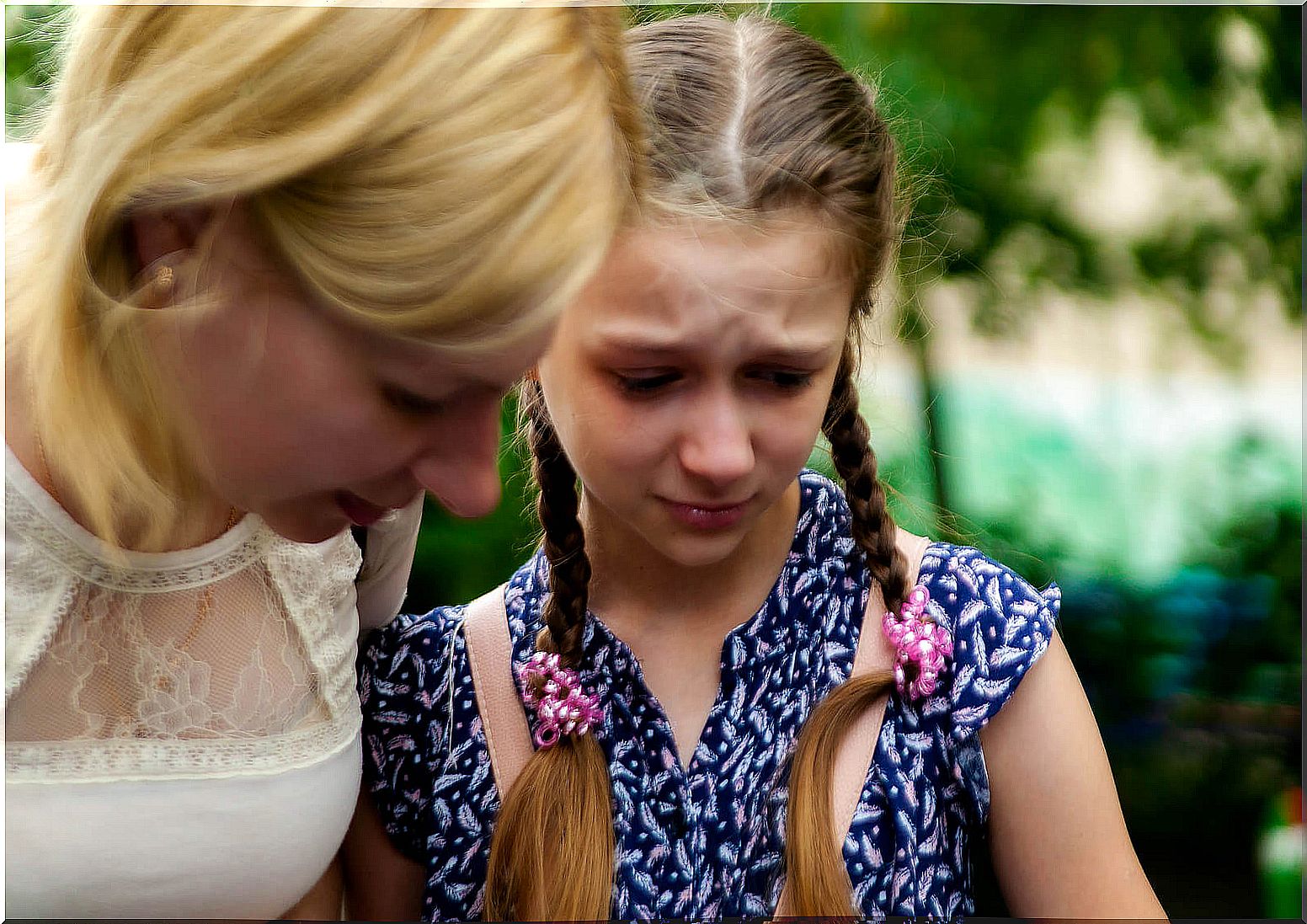
It can increase your stress; You may be worried if you should tell or feel guilty if you don’t say something about it. You may need to change your daily routine without your children knowing why, which can be confusing for them. The truth always has to go ahead and more in something like explaining cancer to children.
Keeping secrets teaches children that it is okay for family members to lie to each other if there is a good reason. In turn , minors can hide information from their parents if they think it will bother them.
Explaining Cancer to Children: Don’t Cheat
Children are observers. No matter how hard you try to hide a cancer diagnosis, most little ones will suspect something is wrong. Even if it is not a parent with cancer, but a close relative, such as an aunt or grandparent, this can cause stress that children will generally perceive.
Children will notice changes in the home, such as your sadness, quiet conversations, an increase in the number of phone calls or visits, and possibly changes in family schedules. These signs may be more obvious to older children and teens, but even the youngest can feel the change.
They will discover that there is a secret, but that it should not be discussed. Not knowing the reason for such a secret can leave them feeling helpless or disconnected from everyone else, without knowing why. You need to be open at all times when explaining cancer to children.
Honesty can build trust with your child
Children may feel hurt if they suspect or discover that something important that affects their family has not been said to them. Sharing information shows that you trust and value your children, which can boost their self-esteem and ease their worries. Hearing bad news is better than worrying when you don’t know what is happening.
The diagnosis can also be an opportunity for children to learn from their parents how to deal with complex feelings. Together you can find ways to recover from difficult situations. This is what is known as resilience.
It can be difficult, but not impossible to cope with
When a family is affected by cancer, it can be a difficult time for children. You may be afraid that they will not get over it or that they will get too sad, and this is normal. But with the right information for their age and good emotional support, they will be able to recover from this difficult situation.
Children and young people learn about emotions and how to express them by observing others, especially their parents. A key factor in helping children get through difficult times is modeling how to recognize, speak, and manage a variety of emotions, for example, “I feel sad about Grandma’s diagnosis and I think I need to go for a walk . “
Let your child know that it is natural to have strong feelings. We cannot prevent children from feeling sad, but if we share our feelings and give them information about what is happening, we can support them in their sadness. Give them the opportunity to speak, to be heard, and to express their concerns.
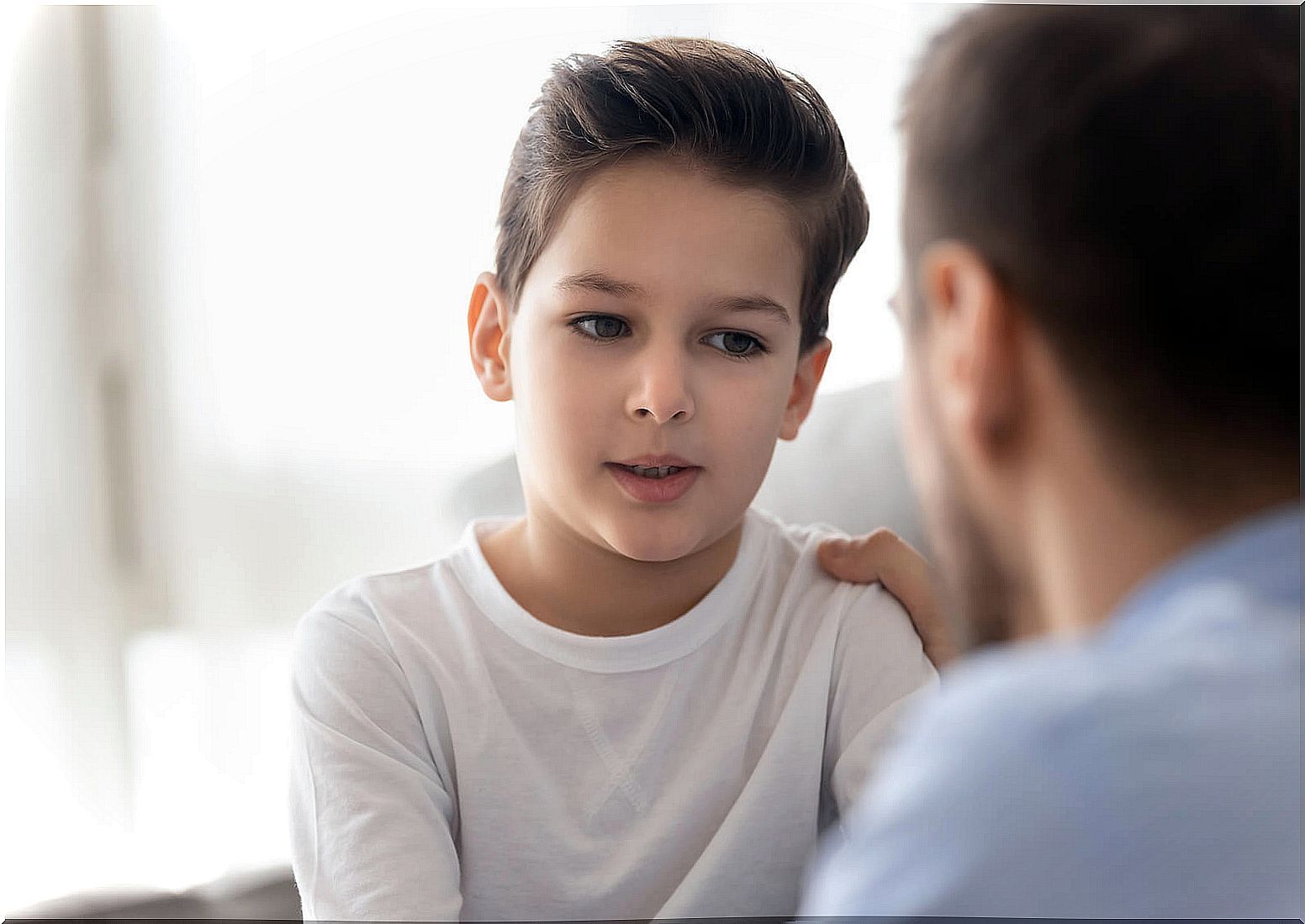
How to explain and talk about cancer with children
You can start by asking your children questions to find out what they know about this topic and giving them the basic information (and more information only if they ask for it). Remind your children that cancer is nobody’s fault and that it is not contagious.
Listen to your children carefully to see how they really feel and also share your feelings so that they see that it is okay to feel and share strong emotions in a healthy way. Reactions in minors can appear in other ways, such as bedwetting or having changes in their usual sleep pattern.
It is important to try to stick with daily routines as much as possible. It is good for your children to see that despite the worry that may be felt, being sad for 24 hours is not healthy for anyone. It’s okay to have fun and have a good time and you don’t have to feel bad about it.

